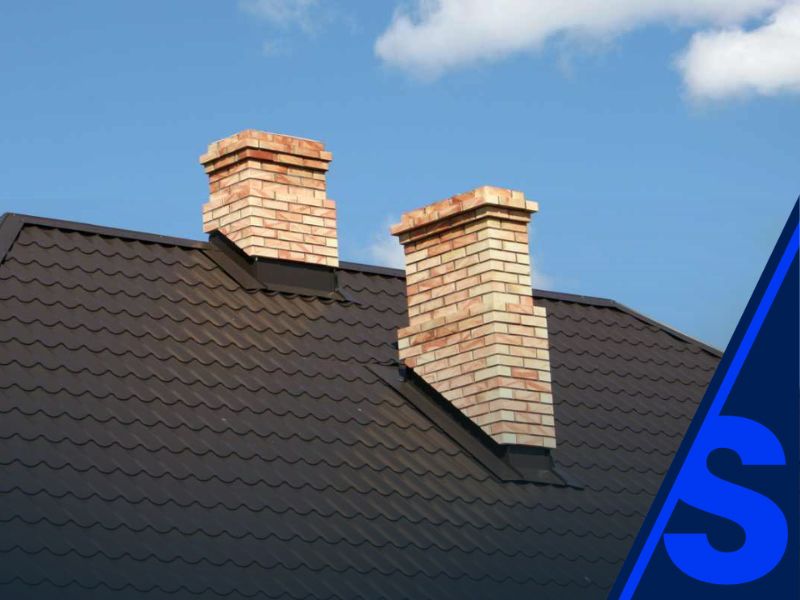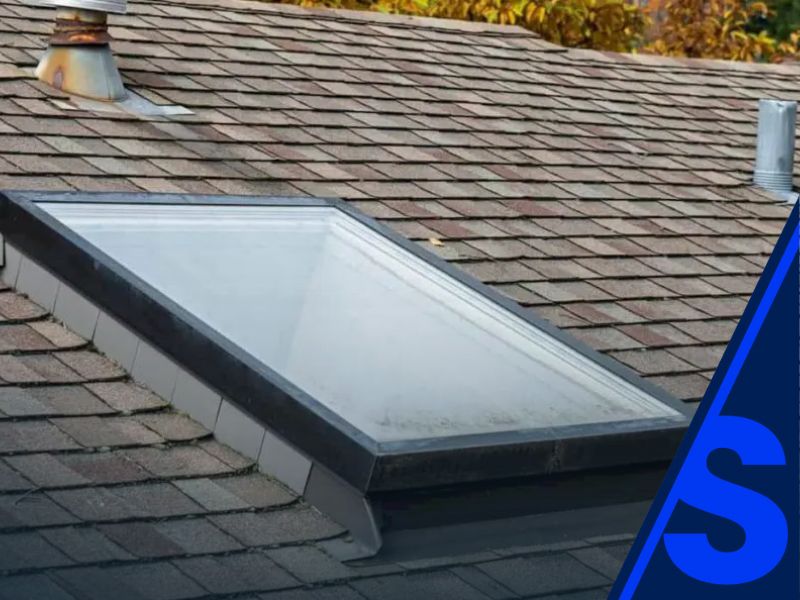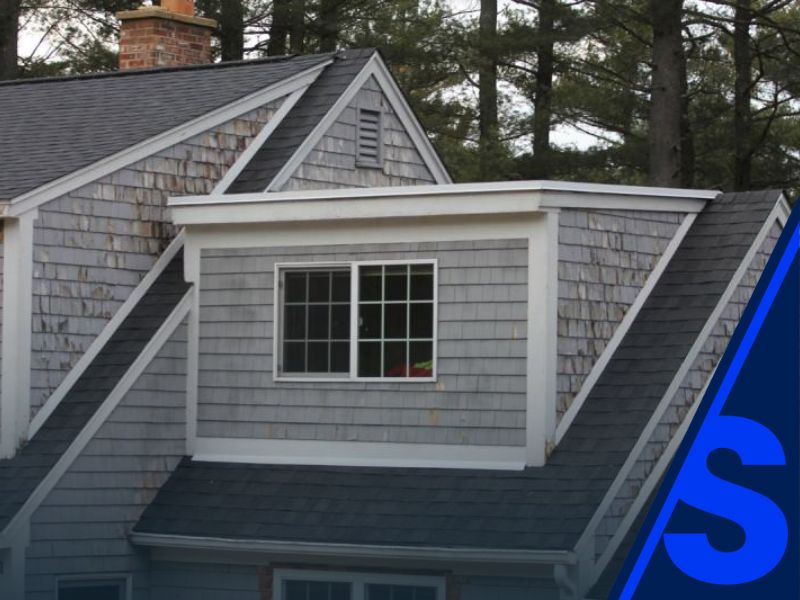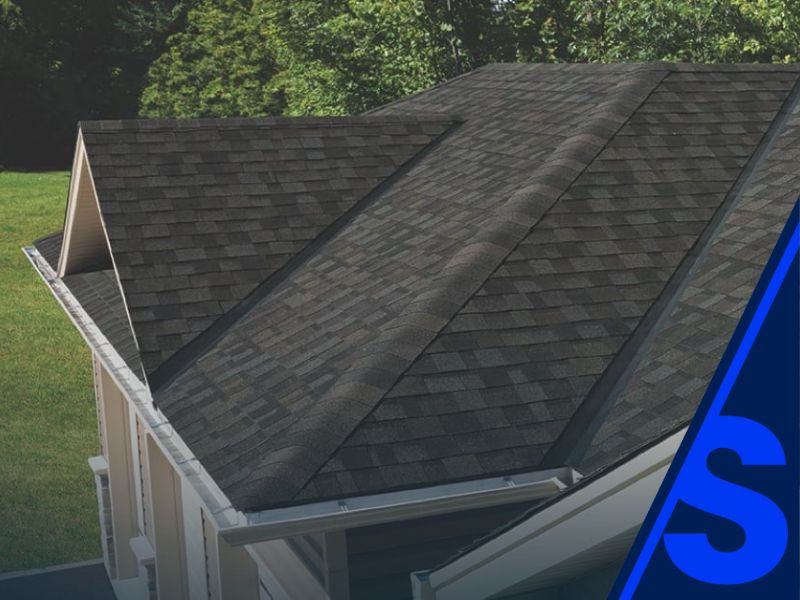Table of Contents
In 2025, Florida homeowners and builders must follow the latest Florida Building Code (FBC, 8th Edition) when planning a roof replacement or repair. These roofing code updates address hurricane resistance, stricter underlayment requirements, and updated testing protocols to ensure every roof meets modern safety and durability standards. If you are a homeowner considering a new roof, or a builder managing residential and commercial projects, compliance with the updated roofing regulations is not optional, it is required by Florida law. Understanding these updates will help you protect your home, stay compliant, and avoid costly mistakes.
Understanding the Florida Building Code for Roofs in 2025
The Florida Building Code (FBC) is the statewide standard that governs how roofs are built, repaired, and replaced. Since its inception after Hurricane Andrew in 1992, the FBC has evolved into one of the strictest roofing codes in the United States. For homeowners and builders alike, compliance with the code is not just about avoiding penalties, it ensures the roof system is strong enough to withstand Florida’s unique climate challenges.
In 2025, the 8th edition of the Florida Building Code is in effect, and its roofing sections include updated rules on roof replacement, repairs, underlayment requirements, and material testing. These building codes are designed to minimize roof damage from hurricanes, extend durability, and improve long-term energy efficiency.
For any roofing project, whether it’s a full roof replacement, new roof installation, or roof repairs, the FBC sets the standards that contractors must meet. Homeowners need to know these requirements to ensure their roof meets the latest Florida building code standards, protecting their investment and ensuring their roofing work meets code compliance.
Florida’s Roofing Regulations
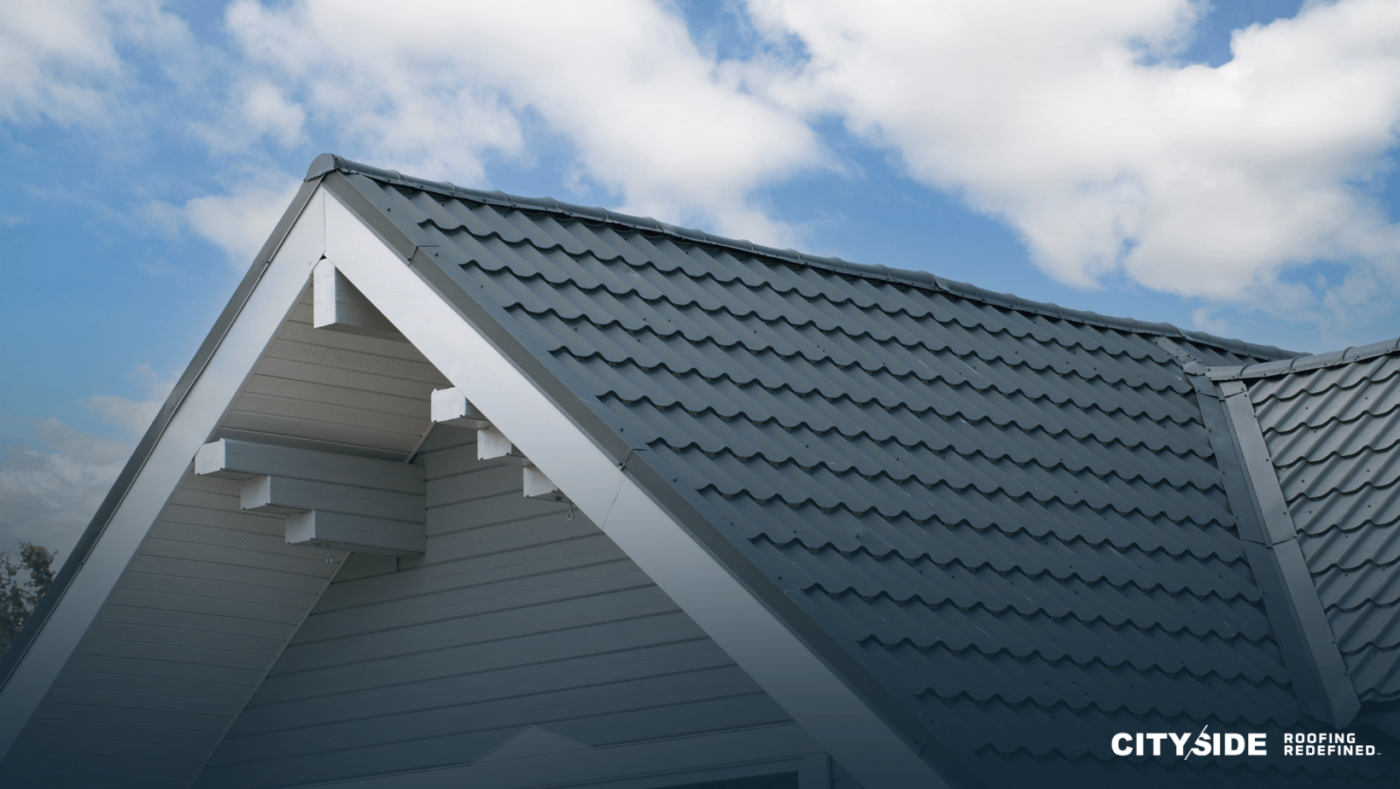
Florida’s roofing regulations are unique because they apply statewide, but enforcement is handled by local building departments. That means while the code requirements are consistent across Florida, the approval process may vary depending on where the roofing project is located.
For example, South Florida counties often enforce stricter wind and uplift standards due to hurricane risks, while other regions focus more on energy efficiency or underlayment requirements. Both residential and commercial roofing projects must meet specific compliance checks before approval.
A homeowner considering roof replacement in 2025 should know that repair or replacement decisions are not always optional. If the roof is damaged beyond a certain percentage of the total roof area, building codes may require a full replacement within a 12-month period. These roofing laws were put in place to prevent piecemeal repairs that compromise durability and leave Florida roofs vulnerable.
For builders, these code requirements mean every roofing project must be carefully documented. Roofing contractors will need to ensure their work meets not just code standards but also inspection protocols. Non-compliance can delay construction timelines and even void warranties.
Key Updates in Florida Roofing Codes for 2025
The latest Florida building code updates introduce several changes that affect how roofing companies, contractors, and homeowners approach both roof repairs and full roof replacement projects. These updates reflect lessons learned from recent storms and advancements in the roofing industry.
Hurricane Resistance Requirements
Hurricane protection has always been at the center of Florida’s roofing code. With the 2023 Florida Building Code and its continuation into 2025, new roofing regulations place stricter demands on roof deck fastening, wind uplift resistance, and shingle durability.
The code specifies that a roof must meet specific uplift tests to ensure shingles and other roofing materials remain intact during extreme wind events. For contractors, this means every roofing project must be designed to withstand stronger storms. For homeowners, this guarantees that a new roof offers better protection against the devastating effects of hurricanes.
Energy Efficiency Standards
The 2025 updates also strengthen energy efficiency standards for roofing. These include underlayment requirements designed to improve insulation and reduce heat gain, which is critical in Florida’s climate. Updates to underlayment requirements ensure that the primary roof covering provides both durability and improved energy performance.
By ensuring your roof meets the latest code standards, you not only comply with Florida law but also save on long-term utility bills. Builders and contractors will need to specify roofing solutions that balance compliance with cost efficiency, particularly in large-scale residential and commercial developments.
Updated Material Testing Protocols
The roofing industry continues to evolve, and Florida’s building codes are keeping pace. In 2025, updated roofing material testing protocols require stricter verification of durability and performance. This includes enhanced testing for shingle impact resistance, tile fastening, and metal panel wind resistance.
Roofing contractors will need to ensure that every roof covering passes these tests before installation approval. This means homeowners can trust that their entire roof meets the latest durability requirements, offering peace of mind during storm season. For builders, it reduces callbacks and warranty claims since every roof replacement must meet compliance with the updated roofing regulations.
When Is Roof Replacement Required by Florida Law?
Not every damaged roof requires a full roof replacement, but under the Florida Building Code, certain conditions trigger mandatory replacement. The 2007 Florida Building Code first introduced the rule that if more than 25% of the total roof area is damaged within a 12-month period, the entire roof must be replaced. This requirement still applies in the 2025 edition of the Florida Building Code, with some updates for roofing material standards.
This rule ensures that roof repairs are not done in fragments that compromise overall durability. A homeowner may be required to replace a roof if the roof is damaged beyond repair or fails to meet the latest roofing code requirements. For example, if a shingle roof has aged past its life expectancy, full replacement may be required rather than patchwork repairs.
Key points homeowners need to know in 2025:
- Roof replacement must occur if repairs exceed the 25% threshold of the total roof area.
- Code specifies durability and underlayment requirements that all new roofing work in the state must meet.
- If a roof does not meet compliance with the updated roofing standards, local building departments may withhold permits until a compliant plan is in place.
In other words, Florida law doesn’t leave much gray area. If your roof doesn’t meet code compliance, replacement may be required, even if the damage looks minor.
Navigating Roof Repairs vs. Full Replacement
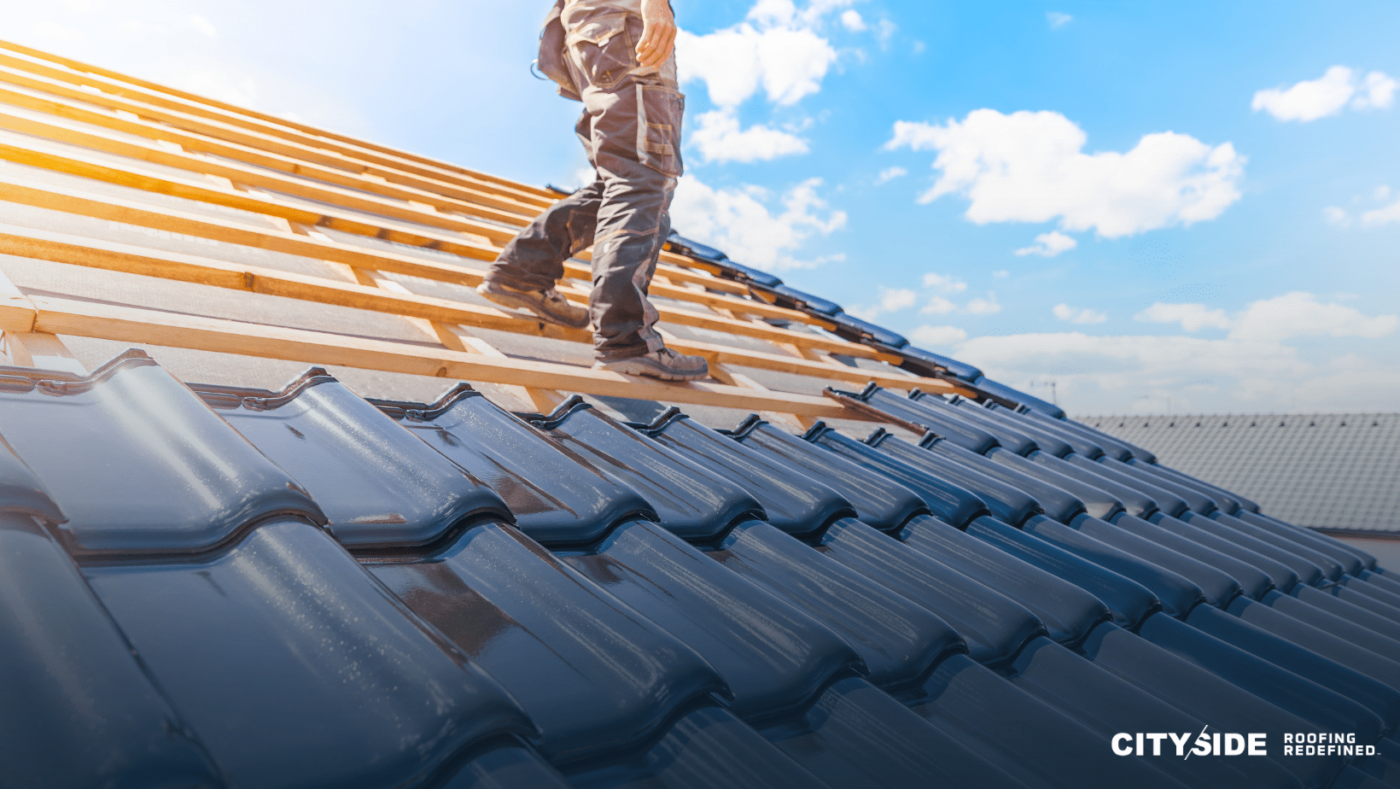
One of the most common questions is: When can a roof be repaired, and when must it be fully replaced? The answer lies in a combination of roof age, damage extent, and compliance with the updated roofing regulations.
For example, if your roof deck is intact and the damage affects less than 25% of the roof system, a repair may be approved. However, if the roof covering or underlayment fails to meet the latest Florida building code updates, then repair or replacement decisions may shift toward full replacement.
This distinction is critical for both homeowners and builders:
- Roof repairs are allowed when they restore functionality without compromising compliance.
- A full roof replacement (sometimes called a full replacement) is required when the work exceeds code thresholds or when materials no longer meet standards for roofing durability.
- A new roof must meet the latest roofing regulations, including updates to underlayment requirements, material testing, and fastening protocols.
Builders should also note that compliance with the updated roofing law is now more closely tied to inspections. Inspectors look for whether a roof meets the 2007 Florida building code baseline and all florida building code updates through 2025. Failing inspection could mean costly delays, forced rework, and even legal penalties.
Ultimately, the decision between repair and replacement comes down to whether the roofing work meets code. If not, contractors will need to ensure a replacement is completed.
Impacts of the New Regulations on Home Builders
The 8th edition of the Florida Building Code and its roofing provisions are not just about homeowners, they directly impact production builders, custom builders, and contractors managing large-scale developments.
Here are three major impacts:
- Cost Implications
With stricter durability and underlayment requirements, builders may face higher upfront costs for compliant roofing materials. While this may increase project budgets, it reduces long-term warranty claims and callbacks, creating more predictable lifecycle costs. - Scheduling & Compliance Pressure
Production builders working on 45–90 day build schedules must account for inspection checkpoints. Roofing contractors will need to ensure every step, from roof deck fastening to final underlayment, is photo-documented for code compliance. Delays in meeting these code standards can throw off the entire production schedule. - Design & Specification Adjustments
Builders must integrate roofing law changes into design and procurement early in the project. That means specifying roofing solutions that already align with florida building code standards before breaking ground. The roofing industry has adapted by offering products pre-certified for compliance, but contractors will need to ensure they choose the right ones to avoid rejections by local building departments.
For homeowners, the benefit is clear: roofs built in compliance with the latest Florida building code are stronger, more energy efficient, and more durable. For builders, the challenge is managing cost, compliance, and scheduling without compromising quality.
Key takeaway: Whether you’re overseeing a residential and commercial roofing project or managing a custom build, you must meet the stricter code requirements in 2025. The new roofing code is designed to protect homeowners, but it also places greater accountability on the builder’s vendor network.
Code Compliance in Roofing Projects
Every roofing project in Florida, whether a simple repair or a full roof replacement, must demonstrate code compliance. This isn’t just about passing inspection; it’s about ensuring the roof system is built to withstand hurricanes, heat, and long-term wear.
Roofing contractors will need to ensure that all roofing work in the state meets or exceeds Florida’s building code standards. This means using approved roofing materials, following fastening schedules, and adhering to underlayment requirements. Contractors will need to ensure that work meets code not only during installation but also through thorough documentation.
For homeowners, this process protects against shortcuts that may leave a roof is damaged prematurely. For builders, it reduces exposure to warranty claims and liability issues. In fact, roofing claims that result from non-compliant work are often denied, which underscores the importance of partnering with reliable roofing companies that guarantee code-compliant installation.
Ultimately, ensuring your roof meets the latest Florida building code updates requires alignment between homeowners, contractors, and inspectors. Compliance with the updated roofing law is not optional; it’s the foundation of safe and durable roofing in Florida.
Roofing Materials & Underlayment Requirements
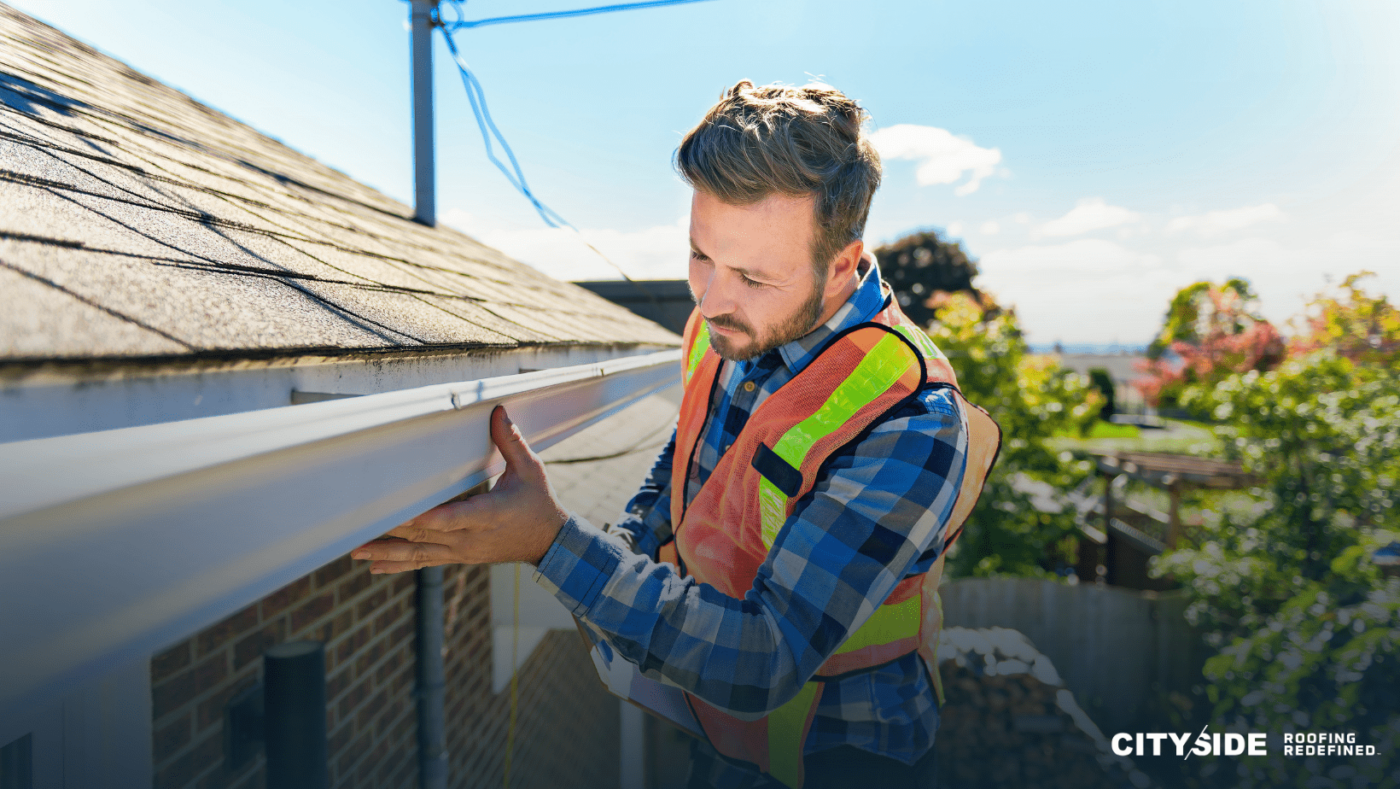
One of the biggest changes in the 2025 edition of the Florida Building Code involves roofing materials and underlayment requirements. These updates aim to strengthen durability while improving energy efficiency.
Key updates to underlayment requirements include:
- Stricter fastening standards for the underlayment layer, reducing the chance of uplift during storms.
- Improved insulation requirements that help reduce energy use in residential and commercial roofing.
- Clearer specifications for primary roof covering materials like shingles, tile, and metal.
For example, shingles must now pass stricter impact and wind testing, ensuring that a roof meets modern durability expectations. Tile roofing requires reinforced fastening, while metal systems must demonstrate wind uplift resistance that exceeds previous standards.
Builders and roofing contractors will need to ensure their chosen systems comply with the code specified requirements. For homeowners, this means a roof replacement must use products tested and approved under the latest Florida building code.
These material updates not only ensure that roofing projects are stronger but also support durability and energy efficiency goals. Whether you are managing a custom build or replacing the roof on an existing home, understanding these code requirements is essential.
How to Navigate Florida’s Roofing Code Updates
The roofing industry recognizes that navigating building codes can feel overwhelming. With the 8th edition of the FBC and the latest Florida building code updates, both homeowners and builders may struggle to interpret the rules.
Here’s how to navigate the changes:
- Work with reliable roofing contractors. Partner with companies that are already aligned with code compliance requirements and have experience with local building departments.
- Stay informed. Builders and homeowners should review updates through official state resources to understand the requirements for roof replacement or repair.
- Document everything. From roof maintenance logs to warranty tracking, documentation ensures your roofing work meets code and protects you during inspections or roofing claims.
- Plan ahead. Builders managing multiple units must plan procurement and scheduling around code-approved materials. Homeowners should budget for a roof that meets the latest standards to avoid surprises.
By following these steps, you can ensure compliance with the updated roofing standards while protecting your property and investment.
Protect Your Home & Ensure Compliance with CitySide Roofing
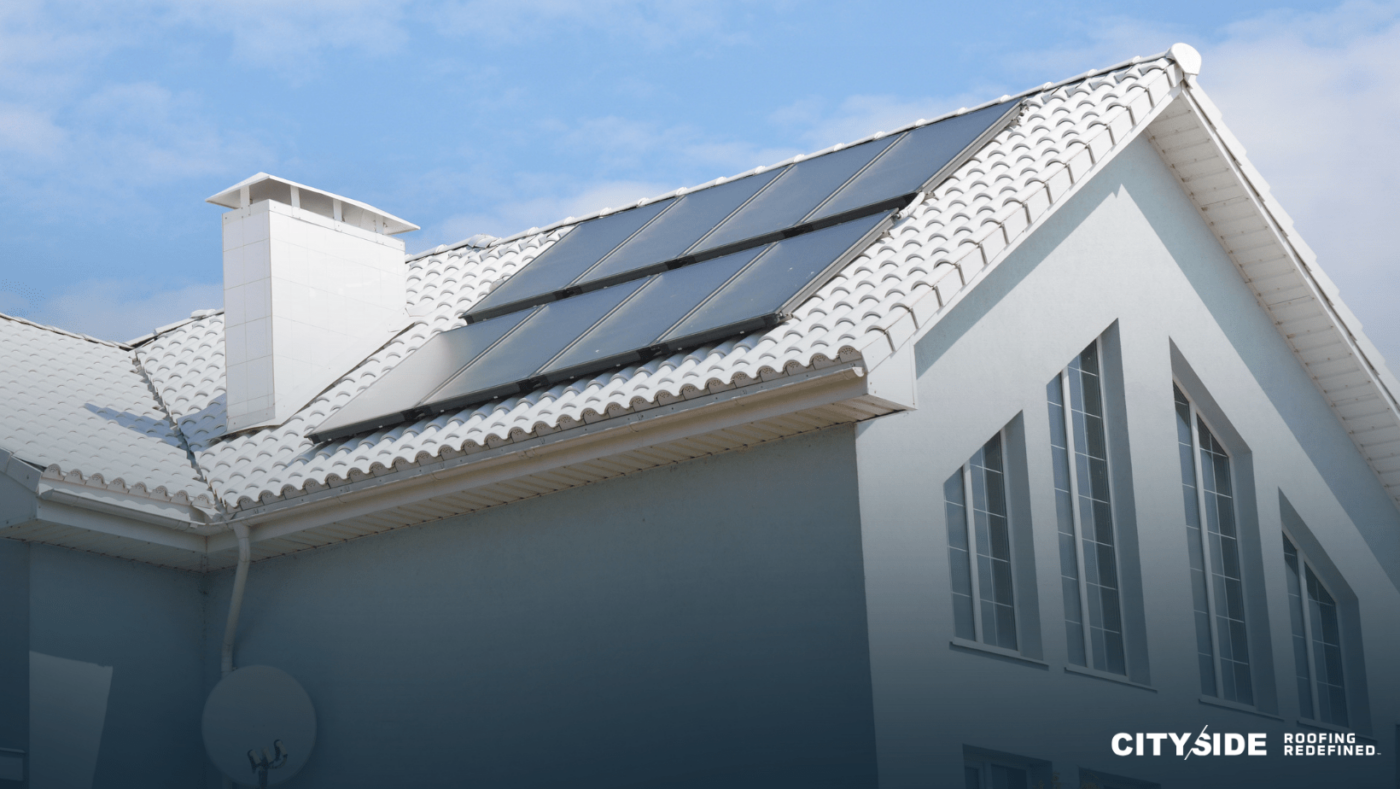
The 2025 edition of the Florida Building Code and its roofing provisions bring important changes to how roof replacement, roof repairs, and new roof installations are handled. From hurricane resistance requirements to stricter underlayment requirements, every roofing project must align with the latest Florida building code.
Key things homeowners and builders need to remember:
- Roof replacement must follow the latest Florida roofing code.
- If 25% or more of the roof is damaged, full replacement is required.
- Updates to underlayment and material testing raise durability standards.
- Compliance with the updated roofing law is mandatory for both residential and commercial projects.
- Documentation and working with reliable roofing companies are critical for smooth approvals.
At CitySide Roofing, we specialize in technology-enabled, builder-focused roofing solutions across Florida. Our zero-callback culture, automated quality control inspections, and ERP integration make us the most reliable roofing trade partner for production and custom builders. Whether you’re a homeowner planning a roof replacement or a builder managing multi-unit projects, we ensure your roofing work meets code, on schedule, every time.
Ready to protect your home and stay compliant? Submit a bid request or schedule a consultation now.
FAQs
- Do homeowners need to replace a roof within 12 months if damaged?
Yes. If the roof is damaged and exceeds 25% of the total roof area, Florida’s building codes required homeowners to replace the roof within a 12-month period. - What are the requirements for roof repair or replacement?
Repairs are allowed if damage is under 25% and the roof meets all compliance requirements. Otherwise, a full replacement may be required. - What does the roofing law say about compliance in 2025?
The Florida roofing code requires that all roofing projects must meet the latest Florida building code updates, including underlayment, fastening, and material testing. - How does the roofing industry adapt to new codes?
Roofing contractors will need to ensure products are tested and certified, while contractors will need to ensure work meets inspection standards. The roofing industry continues to innovate with more durable materials. - Are there differences between residential and commercial roofing compliance?
Yes. While both must meet statewide building code, residential and commercial roofing often differ in materials and design. Builders must ensure that roofing work meets code standards specific to each property type.

